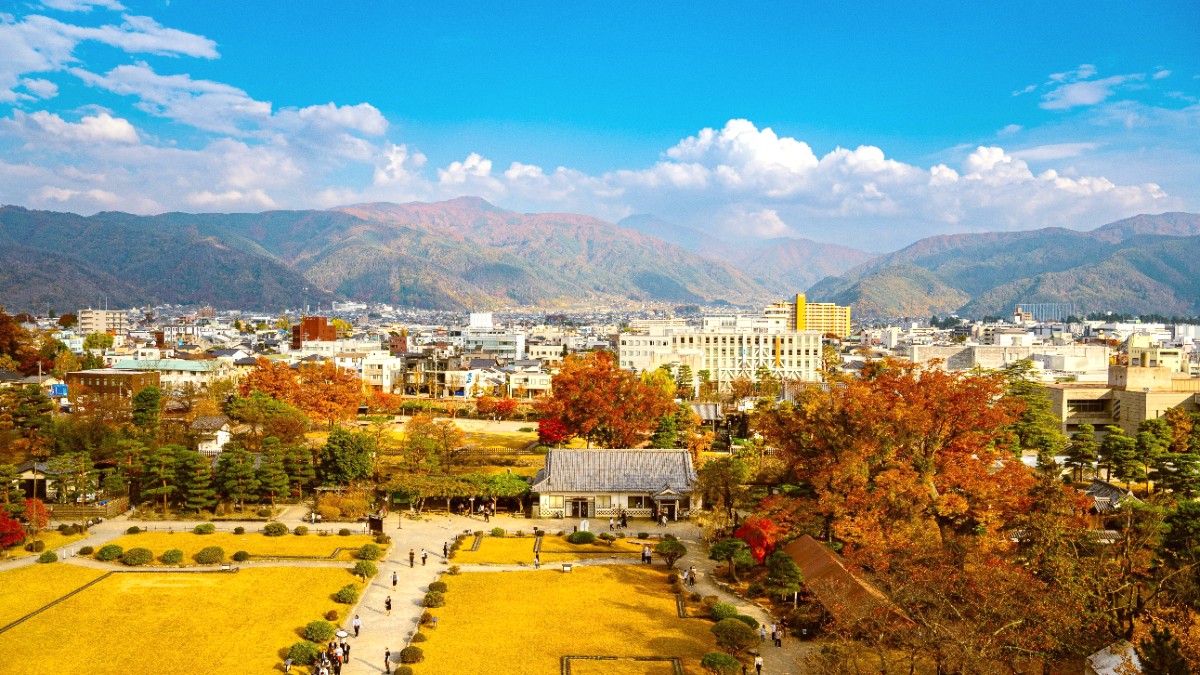
South Of Tokyo, Japan
Kamakura is home to numerous historical sites and natural green spaces. Efforts are made to preserve the city's unique natural and historical landscape.
Japan has strict waste separation rules. Travelers are encouraged to follow local guidelines for disposing of trash. Public bins can be scarce.
Japan generally has ample water resources. Responsible usage is encouraged. Tap water in Kamakura is safe to drink, reducing the need for single-use plastic bottles.
Interacting with respect for local culture enriches your travel experience.
Show respect for historical sites. Avoid touching artifacts or historical structures. Refrain from defacing property or removing anything from cultural sites.
Always ask for permission before photographing individuals, especially children. Respect "No Photography" signs.
Remove your shoes before entering temple or shrine halls. Look for designated shoe areas or lockers.
Choose accommodations that implement energy-saving, water reduction, and waste recycling. Ecobnb lists eco-friendly options.
Learn MoreConsider offsetting your carbon footprint for flights. Terrapass is a carbon offset provider.
Explore OptionsYour travel choices support local communities and environmental initiatives. Opt for ethical shopping and locally sourced products.
Support the local economy and ensure your visit benefits the community.
Seek out and support tourism initiatives that directly benefit local communities.
When purchasing souvenirs, look for handicrafts and products made by local artisans. This ensures the economic benefit directly supports the craftspeople.
Prioritize local establishments over international chains where possible. Dine at family-run restaurants.
Awareness of activities that exploit animals or individuals. Research tour operators for ethical practices.
Direct charitable giving in the form of handing out money to individuals is rare and uncommon in Japan.
Donate to official cultural preservation organizations.
Support local community development projects.
Contribute to recognized charities for effective fund use.
Travel with an ethical approach.
Travelers who choose sustainable options leave a positive impact on the environment and local communities.